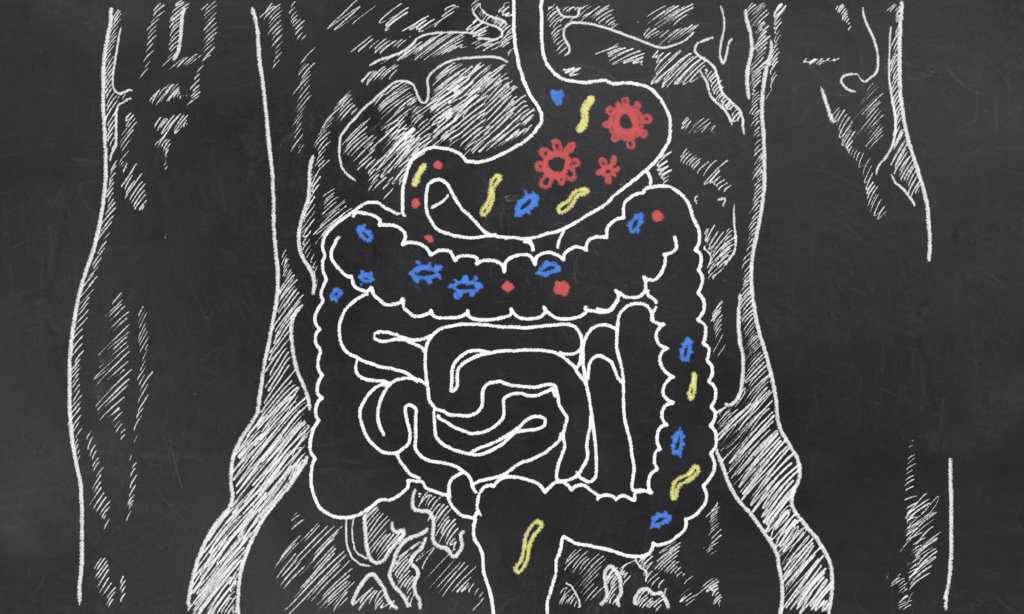CHARLOTTESVILLE, Va. — Can eating yogurt help stave off mental disorders? Researchers from the University of Virginia School of Medicine believe so. In a new study, scientists discovered that a common bacterium found in fermented foods and yogurt, called Lactobacillus, plays a crucial role in managing stress, potentially aiding in preventing conditions like depression and anxiety.
This discovery could pave the way for innovative therapies targeting mental health.
For the study, researchers isolated Lactobacillus from the vast array of microorganisms present in our bodies, collectively known as the microbiota. This distinct focus on a specific bacterium marks a significant advancement in the effort to decipher the roles of individual microbes, presenting new avenues for developing treatments and cures for various mental and physical diseases.
“Our discovery illuminates how gut-resident Lactobacillus influences mood disorders, by tuning the immune system,” says Alban Gaultier of UVA’s Department of Neuroscience, the Center for Brain Immunology and Glia (BIG Center), and the TransUniversity Microbiome Initiative, in a university release. “Our research could pave the way towards discovering much-needed therapeutics for anxiety and depression.”

The human gut is naturally inhabited by a myriad of bacteria, fungi, and viruses, collectively forming the microbiota. Despite the initial alarm at the sheer number of microorganisms within us, scientists recognize their crucial role in immune system health, mental well-being, and overall health. Disruptions in the microbiota due to illness, poor diet, or other factors have been linked to numerous diseases, highlighting the importance of understanding and regulating these microscopic inhabitants.
Attempts to manipulate gut flora using beneficial bacteria (probiotics) have shown mixed results due to the complexity of the microbiome. With an estimated 39 trillion microorganisms within each individual, comprehending the specific roles and interactions among these organisms remains a daunting challenge for researchers.
How does Lactobacillus protect mental health?
Dr. Gaultier’s team used an innovative approach to focus on Lactobacilli. Previous research hinted at its potential to alleviate depression in lab mice, prompting further investigation. By utilizing a collection of bacteria called Altered Schaedler Flora containing Lactobacillus strains, the team could create mice with and without Lactobacillus, bypassing the need for antibiotics.
“We were aware from our prior research that Lactobacillus was beneficial in improving mood disorders and was lost following psychological stress, but the underlying reasons remained unclear, primarily due to the technical challenges associated with studying the microbiome,” says Dr. Gaultier.
The results were compelling. Researchers identified how Lactobacilli, specifically in the Lactobaccillacea family, regulate the immune mediator interferon gamma, which is vital in stress response regulation and depression prevention.

Armed with this knowledge, scientists are now positioned to develop novel ways to manage depression and related conditions where Lactobacillus plays a pivotal role. The prospect of specially formulated probiotic supplements to optimize Lactobacillus levels in patients with or at risk of depression holds promise for future treatments.
“With these results in hand, we have new tools to optimize the development of probiotics, which should speed up discoveries for novel therapies,” says researcher Dr. Andrea R. Merchak. “Most importantly, we can now explore how maintaining a healthy level of Lactobacillus and/or interferon gamma could be investigated to prevent and treat anxiety and depression.”
The study is published in the journal Brain Behavior and Immunity.
You might also be interested in:
- Prebiotics, Probiotics, Postbiotics: What Are They And Why Do We Need Them?
- Fermented Foods: Everything You Need To Know About These Gut-Friendly Products
- 5 Health Benefits From Eating Yogurt Regularly, According To Science




